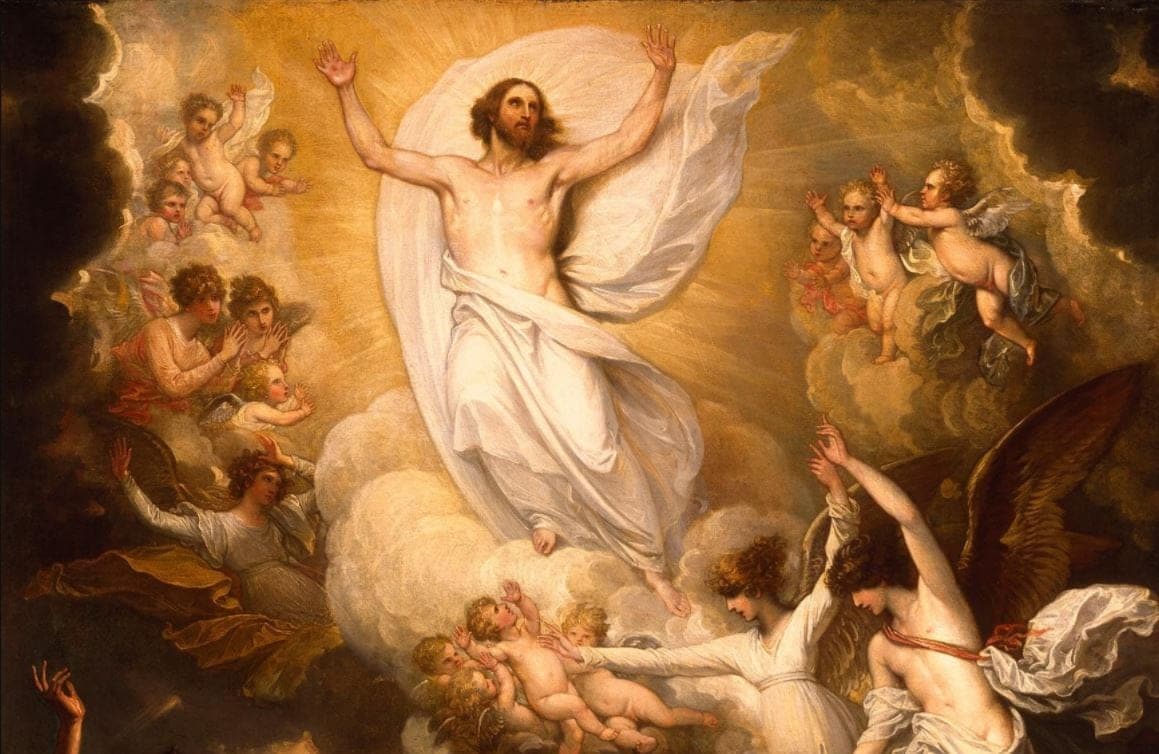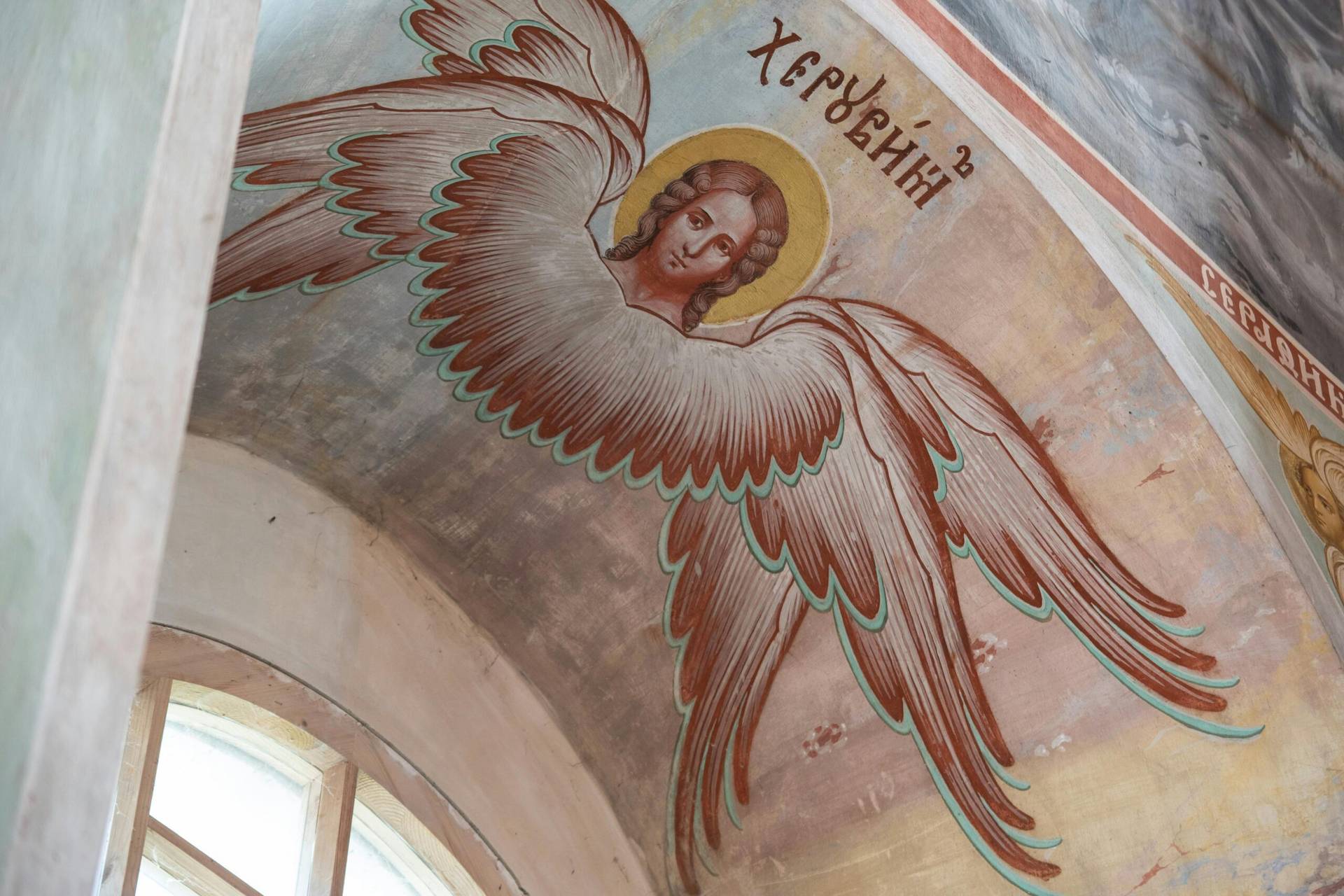In the growing secularism of contemporary Western culture, Christian believers have to be very intentional in their faith. They have to know the meaning behind feast days and customs. In particular, they should seek to understand the high importance of Easter and the Ascension, which is celebrated today in many places.
Believers have to work to realize and live the truths of faith, especially the Resurrection of Jesus Christ from the dead, which is the heart of the Christian faith. Summarizing St. Paul to the early body of believers: if Jesus is not risen from the dead, then Christians are the most pitiable of all people.
And so, the Resurrection matters. Easter has a depth that has to be known, cherished, and actualized by believers. The Christian knows that darkness and death have been destroyed and the assurance of eternal life gives a providential perspective to evil, suffering, and other tragedies in life. The Ascension of the Lord has a part in this perspective.
Of course, many different levels of people and believers in the West still like celebrating the customs of Easter. Decorated baskets, colored eggs, and chocolate bunnies all indicate to society that something important is going on. And so, even if the Resurrection and the symbolism of these various customs are forgotten, they can still help people to know that Easter is a proper time for festivity and joy.
But why would the customs of Easter be mentioned now? Wasn’t Easter several weeks ago?
Case in point: We have to work to understand Easter. Certainly, Easter is the holy day that commemorates the Resurrection of Jesus Christ, but since that event is so radical in human history and so fundamental to the Christian way of life, Easter is also by extension a fifty-day season in the calendar of the church.
Believers need time to appreciate and assimilate the truths of the Resurrection every year, and so the Easter Season is a time for renewal and deeper formation in their faith.
In particular, the believer has to rediscover the importance and the lessons of the Lord’s Ascension into heaven.
The Easter season begins to conclude with the Ascension of the Lord. Unfortunately, in our culture, we don’t seem to have any customs for the holy day. Even though in many places the feast day is now moved from its traditional Thursday observance to a Sunday, it’s easy for it to pass without any notice or attention.
This is a sad situation in terms of the believer’s discipleship since the Ascension is such an intimate and essential event in Christ’s earthly ministry and in the church’s observance of the Easter season.
After rising from the dead, Jesus spent forty days with the community of disciples. The closeness of this time is especially shown in the Emmaus story, when two disciples were accompanied by Jesus, taught by him, and broke bread with him. In his time with his disciples, Jesus wanted to confirm the early church in the reality of his Resurrection and in his teachings on love, mercy, and reconciliation.
After this period of time with his disciples, Jesus ascended to the Father.
When Christ ascended into heaven, he did not leave his human nature behind. He brought that nature, our human nature, into heaven with him. The Son of God did not leave us orphans. He still has his human nature, and still bears the wounds of his Passion in the kingdom of heaven.
By bringing his human nature into heaven, Jesus Christ opened paradise for the human family. With a glorified human body and a human soul, the Second Person of the Holy Trinity sits at the right hand of God the Father for all eternity. This incorporation of the human and the divine makes him our presence in eternity and the mediator between God and humanity.
This is the pressing and inspiring lesson of the Ascension. It touches the core of the Christian faith, our own dignity as human beings, and the life available to us after death. It is a strong reminder to us of how greatly we are loved and how intensely God desires fellowship with us.















